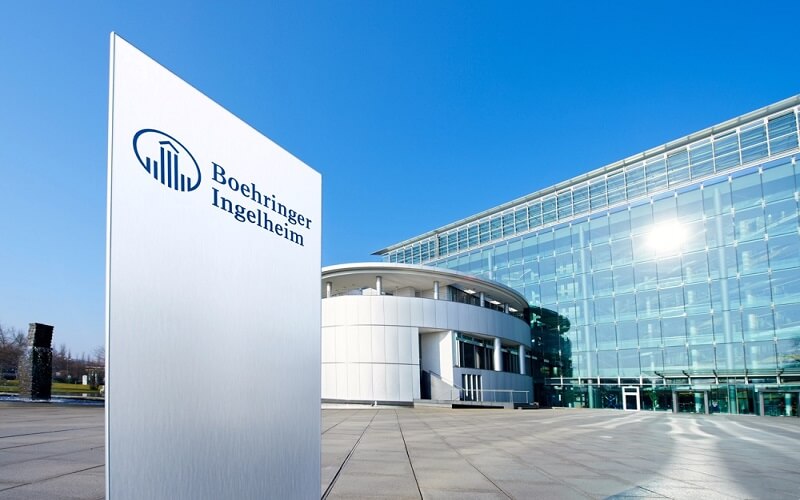
Boehringer Ingelheim has entered into its second RNA therapeutics NASH deal in as many weeks. The new pact sees Boehringer commit to up to €307 million ($356 million) to work with MiNA Therapeutics on up to three targets relevant to NASH and other fibrotic liver diseases.
Penning the deal gives Boehringer access to drugs based on MiNA’s small activating RNA (saRNA) platform. MiNA’s saRNA compounds are designed to upregulate potentially-therapeutic proteins by activating transcription of certain genes. If the approach works as hoped, it will enable MiNA and Boehringer to hit previously undruggable targets.
That focus on using RNA therapeutics to drug tough targets makes the MiNA deal of a piece with the NASH agreement Boehringer formed with Dicerna Pharmaceuticals last week. In that case, Boehringer committed up to $201 million to develop RNAi therapeutics capable of restoring liver function by silencing previously inaccessible targets.
The MiNA deal, like the Dicerna collaboration, is some way off yielding compounds that trouble the frontrunners in the congested NASH race. First, Boehringer and MiNA must identify targets linked to proteins with the potential to stop the formation of fibrotic tissue and restore the metabolic function of liver cells.
Down the line, Boehringer sees potential opportunities to combine its growing stable of NASH drugs. Boehringer began building the stable in 2015 when it paid $31 million and committed to $222 million more to acquire Pharmaxis’ then-phase 1 NASH asset. That drug is designed to help NASH patients by blocking leukocyte adhesion and tissue infiltration, whereas the MiNA and Dicerna drugs respectively try to activate and silence parts of the molecular machinery.
With the three-pronged NASH strategy now in place, Boehringer has one of the broader pipelines aimed at the liver disease, although its assets, particularly those in the RNA collaborations, have ceded a sizeable head start to the competition.
Boehringer’s willingness to strike the deals represents a bet that the saRNA and RNAi compounds will have what it takes to unseat whichever drugs are the incumbents when they reach the market.
Source: fiercebiotech.com